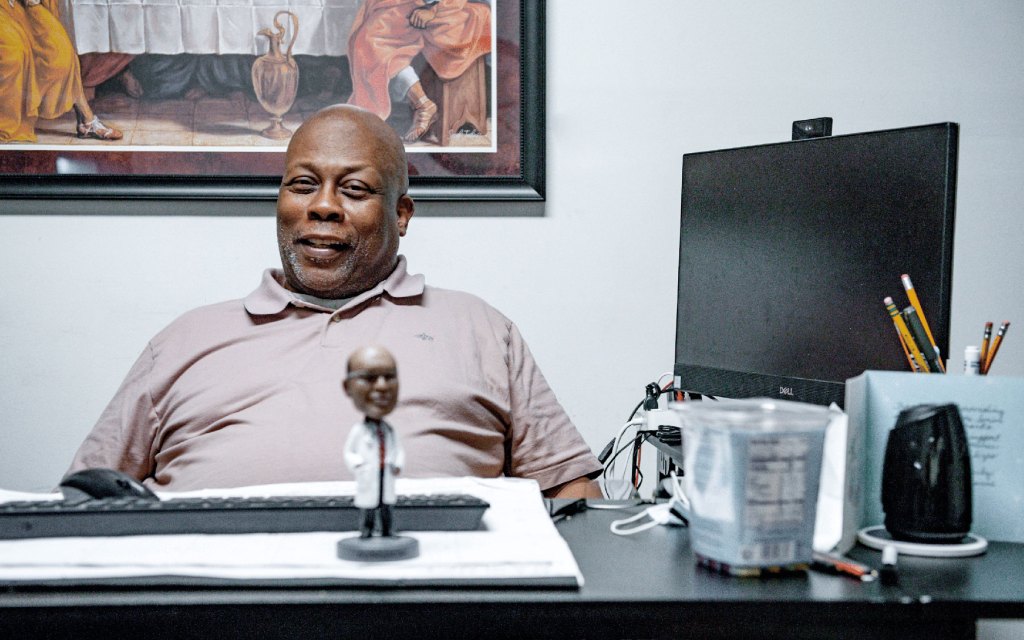
Employer-ready candidates understand how to speak confidently about their technical and transferable skills in ways that sell their professional value to employers. View a more detailed interview prep guide in the Behavioral Interview Prep Guide.
Tell me about yourself.
Think about your past (previous experience and education), present (your current career and how it’s preparing you for this role), and future (why you want the job you’re interviewing for).
What are your greatest strengths and weaknesses as a speech-language pathologist?
For strengths, consider the required skills stipulated in the job posting and explain those that you have mastered. For weaknesses, honestly explain an area in need of improvement, but be sure to provide specific examples of how you’re actively working to improve this area.
Why did you decide to pursue speech-language pathology and why are you interested in working with this specific population of clients?
Explain your motivations for pursuing a career as a speech-language pathologist, specifically with the population you’re interviewing to work with. While this question focuses on your initial motivations, it’s also best practice to incorporate what you’ve recently learned and why this path continues to be a great fit for you.
Why do you specifically want to work here?
Demonstrate your research into the organization. Explain what you like about it and why your skills make you the best candidate for this role at this organization. The skills you choose to highlight should align with the skills described in the job posting.
Tell me about a time when your team was not communicating well. What happened and how did you contribute to improving the issue?
“Tell me about a time…” indicates a behavioral interview question, so use the STAR (Situation, Task, Action, Result) method to tell a story. This question probes how you work on a team and solve problems. Choose an example where you were proactive about improving the situation.
Tell me about a mistake you made when working with a client/student. What happened and what did you learn from it?
While this question can feel like a trick, it provides an opening to highlight your ability to grow and improve as a practitioner. Mistakes happen, but what you do after is what’s critical to this question. How will you make sure this mistake never happens again? Remember to use the STAR method.
What therapeutic skill has been the most challenging for you to develop? Tell me about how you approached mastering this skill despite the challenge.
A key part of speech-language pathology is staying up-to-date on new, evidence-based techniques in the field. The organization wants to see that you are dedicated to learning and growing as a practitioner. Think about an anecdote that answers the question honestly. Always use a specific example using the STAR method.
What diversity, inclusion, and/or cultural competence training or coursework have you received and how have you applied what you learned in your practicum?
Zoom in on a few key takeaways from training or coursework. Pick a specific time when you incorporated one of those takeaways into your work and tell a story using the STAR method.
Tell me about a time when you had to communicate something complex to a client or student and their loved one or parent. What did you say?
Communication is a key skill for speech-language pathologists. Set up the situation, describe the task, explain the actions you took to communicate effectively, and remember to include an ending to your story. Specifically showcase how you consider differences when communicating with those from different cultural backgrounds.
Tell me about a time when you were overwhelmed with your workload. How did you manage this situation?
Demonstrating that you can manage your time is essential. There is no right answer to this question. The only wrong answer is that you don’t think critically about managing time. Interviewers want to know that you think about organizing your time so you can accomplish the full range of job duties.
Pro Tip: Always keep your answers positive, demonstrate what you’ve learned, and tell a story using the STAR framework (Situation, Task, Action, and Result) for behavioral questions so you can provide details about your accomplishments.









